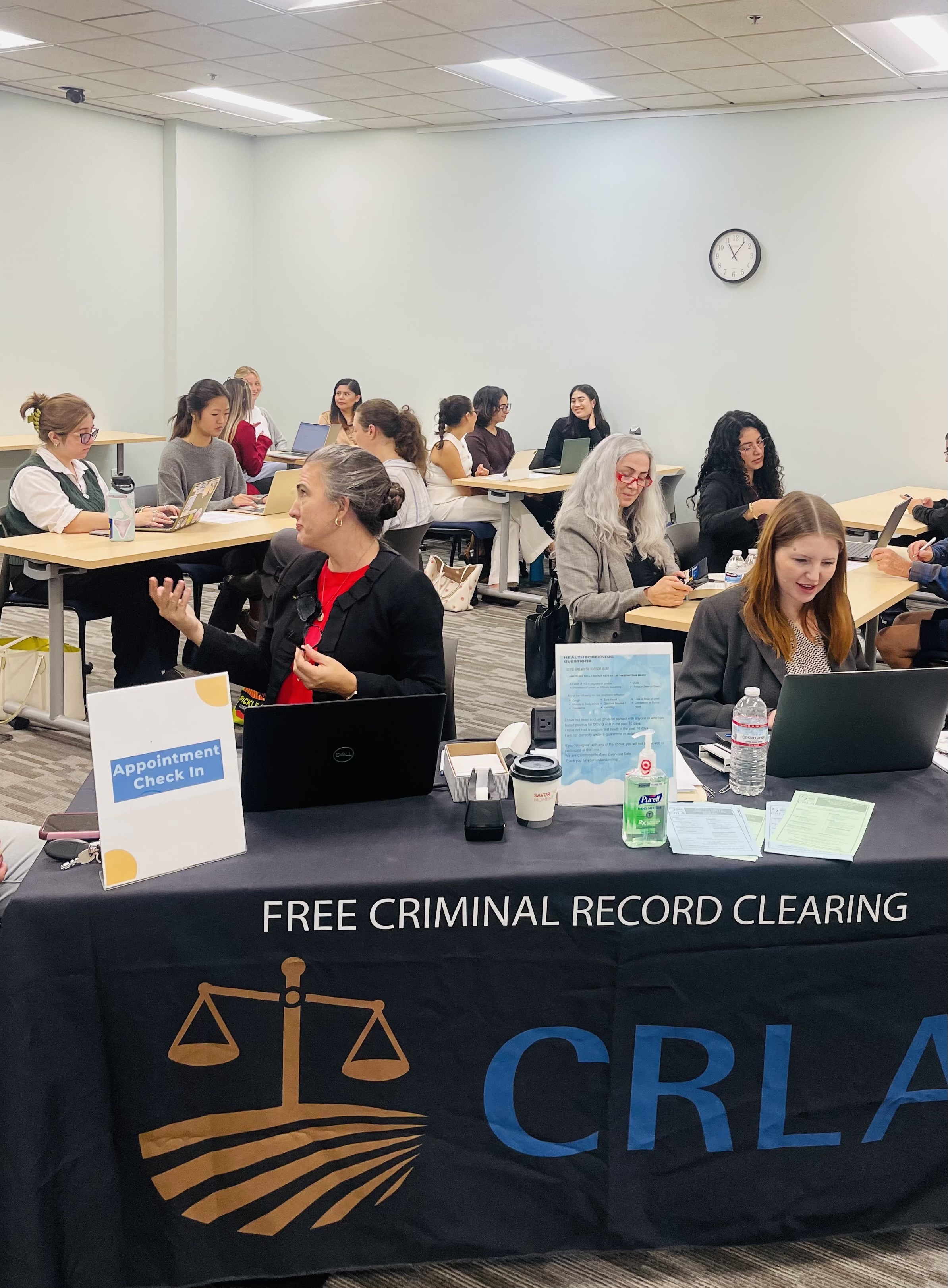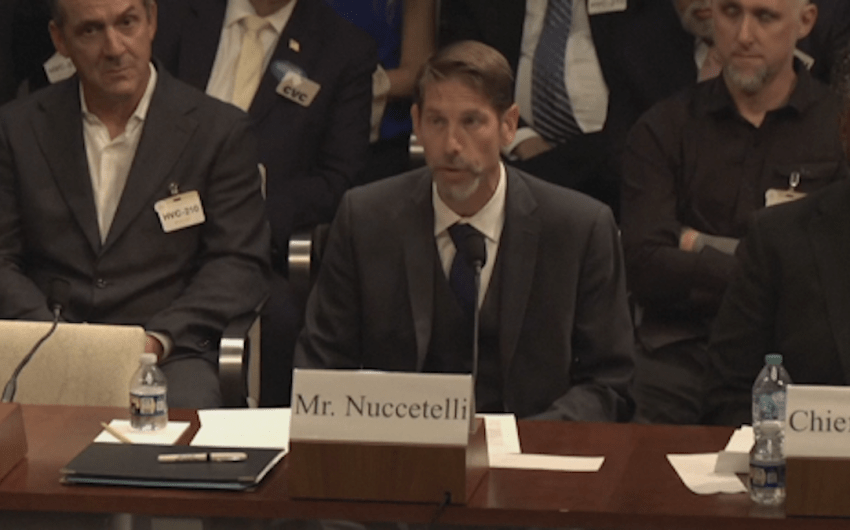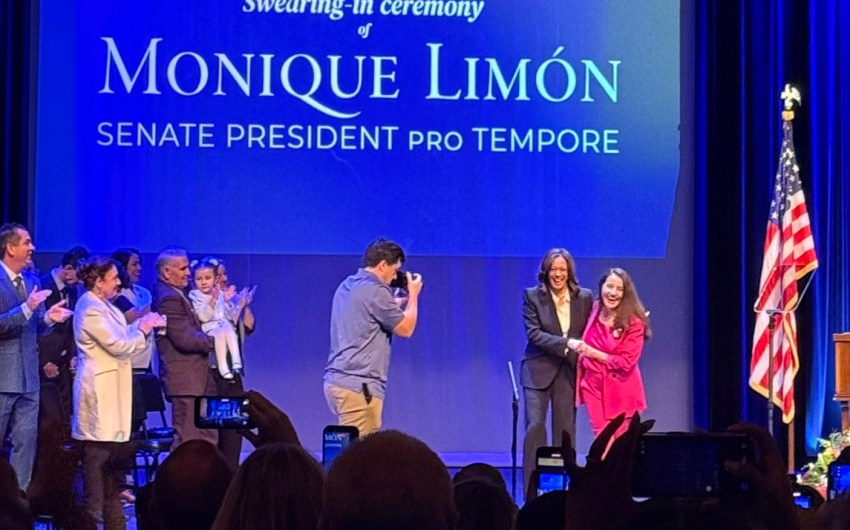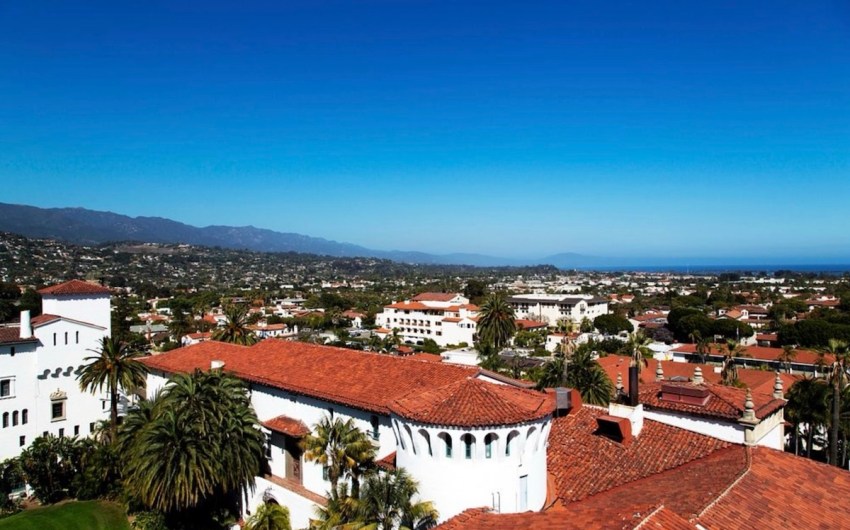It wasn’t exactly the lions and the lambs lying down, but for most of last Friday, about 50 normally adversarial criminal law specialists — private and public defenders, career prosecutors, and a few probation officers — worked together to expunge criminal convictions for about 100 low-level offenders.
It was the first time such a collaboration — held at the Santa Barbara College of Law — has taken place in Santa Barbara County, and organizer Joe Doherty expressed hope it would be the first of many.
For Doherty, the math is simple. Criminal convictions make it infinitely harder for the people convicted to get housing or secure a job.
“When people are housed and employed, they’re a lot less likely to commit crimes and a lot less likely to be victims of crime,” he said.
The collaborative slate-cleaning effort, he said, stems from recent changes in state law designed to reduce recidivism. Doherty noted that of the 143 individuals whose records were expunged as a result of a similar event held in San Luis Obispo County, only three reoffended in the last year and a half.
He said 458 petitions to expunge criminal convictions were amassed by slightly more than 100 individuals in Santa Barbara County. Of those, he said, most fall into the category of the unhoused. He said the vast majority of the convictions processed Friday were misdemeanors, many committed as long as 20 years ago, and most involved drugs. A few, he acknowledged involved lower-level felonies.
In one room were the defense attorneys who gave the petitions the first once-over. They’d then refer them to probation officers and prosecutor workers for review. He estimated about 70 percent were accepted and about 30 percent were objected on the grounds of public safety. A judge is given the final say in resolving such disputes.
No one still on probation or with any unresolved criminal complaints is eligible for the program. And even if one’s conviction is expunged, he added, it will still be counted as a prior in the event of a future criminal prosecution. And the provision in the law barring those convicted of a crime from gun ownership, he said, still prevails.
“Ours is an adversarial system,” he said. “Psychologically, it’s a powerful thing when people who normally are on opposite sides are working together to give people a new lease on life.”









